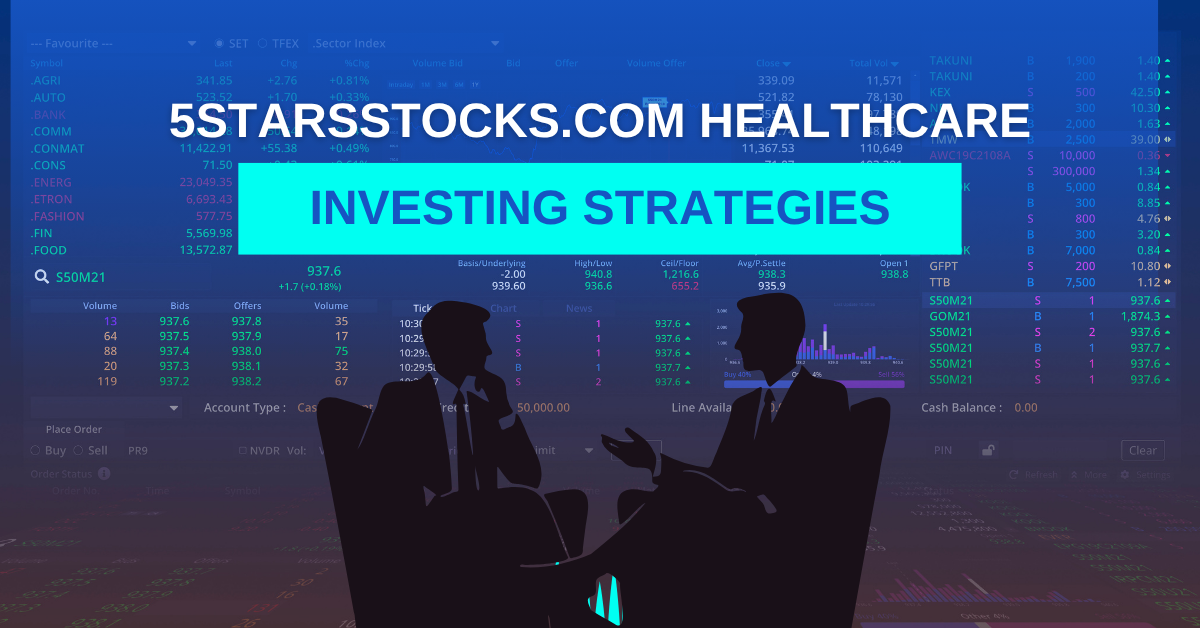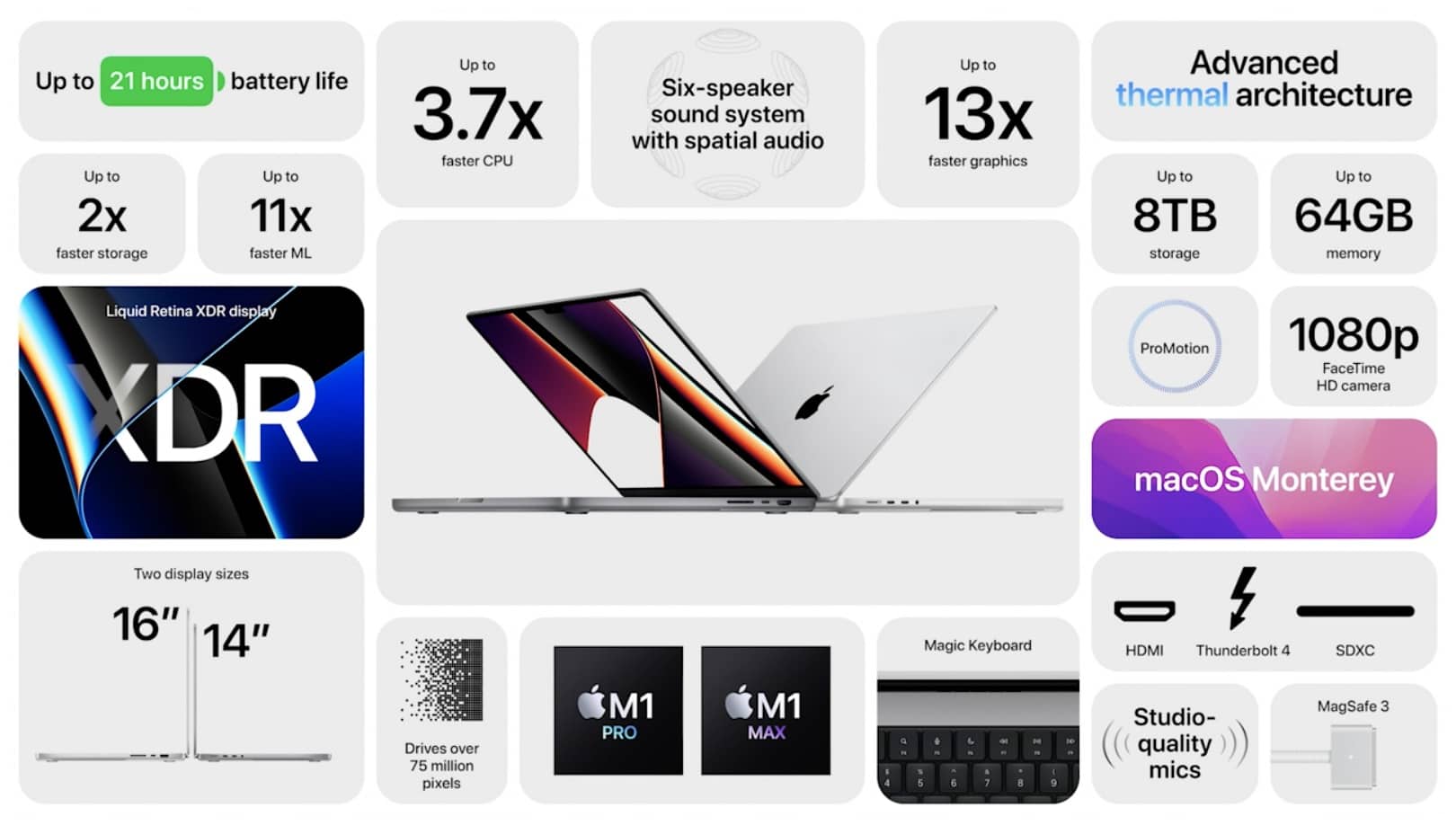The healthcare investment paradigm is experiencing unprecedented disruption, with global AI in healthcare market size estimated at USD 26.57 billion in 2024 and projected to grow at a CAGR of 38.62% from 2025 to 2030. Traditional investment approaches are inadequate for navigating this complex ecosystem where technological convergence, regulatory evolution, and demographic shifts create both extraordinary opportunities and substantial risks.
5starsstocks.com healthcare platform represents a sophisticated analytical framework designed for institutional-grade investment decision-making in healthcare securities. Unlike conventional stock screening platforms that rely on backward-looking financial metrics, this platform integrates forward-looking technological adoption curves, regulatory pathway analysis, and competitive moat assessments specific to healthcare sub-sectors.
Advanced Healthcare Investment Thesis: Beyond Traditional Metrics
Demographic-Driven Secular Growth Drivers
Healthcare investment fundamentals extend far beyond cyclical market conditions. The confluence of three irreversible demographic trends creates a secular growth foundation unmatched in other sectors:
Population Aging Acceleration: By 2030, all baby boomers will be 65 or older, representing 73 million seniors requiring increasingly complex medical interventions. This demographic shift drives sustained demand for specialized pharmaceuticals, medical devices, and long-term care facilities.
Chronic Disease Proliferation: The prevalence of diabetes, cardiovascular disease, and mental health disorders continues expanding, creating substantial addressable markets for companies developing targeted therapies and management solutions.
Healthcare Access Democratization: Global healthcare infrastructure expansion, particularly in emerging markets, creates new revenue streams for healthcare companies with scalable technology platforms.
Technology-Enabled Value Chain Disruption
Healthcare investment opportunities increasingly center on companies leveraging technology to address systemic inefficiencies across the healthcare value chain. AI in pharma is projected to reach $16.5B by 2034, fundamentally transforming drug discovery timelines and success rates.
Drug Discovery Optimization: AI-powered platforms reduce drug discovery timelines from 10-15 years to 3-5 years while improving success rates from 12% to potentially 30-40%. According to McKinsey’s analysis of generative AI in pharmaceuticals, this technology represents “a once-in-a-century opportunity” for the industry. Companies like Exscientia and Recursion Pharmaceuticals represent early examples of this transformation.
Clinical Trial Efficiency: Digital patient recruitment, remote monitoring, and predictive analytics reduce clinical trial costs by 30-50% while accelerating enrollment timelines. This efficiency improvement directly translates to higher net present values for pharmaceutical investments.
Precision Medicine Commercialization: Genomic sequencing cost reductions enable personalized treatment approaches, creating defensible market positions for companies developing targeted therapies.
5starsstocks.com Healthcare: Institutional-Grade Investment Platform
Proprietary Analytical Framework
The 5starsstocks.com healthcare platform differentiates itself through sophisticated analytical methodologies typically reserved for institutional investors. Building on the platform’s proven track record across multiple sectors—including their comprehensive consumer staples analysis framework—the healthcare division applies sector-specific analytical components including:
Healthcare-Specific Valuation Models: Traditional price-to-earnings ratios prove inadequate for evaluating biotechnology companies with no current revenue but significant pipeline value. The platform employs risk-adjusted net present value models incorporating clinical trial success probabilities, regulatory approval timelines, and competitive landscape assessments.
Patent Cliff Analysis: Pharmaceutical investments require detailed patent expiration modeling to assess revenue sustainability. The platform provides comprehensive patent landscape analysis, including potential generic competition timelines and patent extension strategies.
Regulatory Pathway Mapping: FDA approval processes significantly impact investment timelines and risk profiles. The platform tracks regulatory submissions, FDA guidance documents, and breakthrough therapy designations to inform investment timing decisions.
Advanced Risk Assessment Capabilities
Healthcare investments involve unique risk factors requiring specialized assessment frameworks:
Clinical Trial Risk Stratification: The platform categorizes clinical trials by therapeutic area, patient population, and endpoint complexity to provide nuanced success probability estimates. Phase III cardiovascular trials historically demonstrate 85% success rates, while Phase II oncology trials show 30% success rates.
Reimbursement Risk Analysis: Healthcare companies’ commercial success depends heavily on payer coverage decisions. The platform monitors health technology assessments, payer policy changes, and health economics outcomes research to assess reimbursement risks.
Competitive Intelligence Integration: Healthcare markets often feature winner-take-all dynamics where first-mover advantages create substantial competitive moats. The platform provides real-time competitive intelligence tracking including patent filings, clinical trial initiations, and regulatory submissions.
High-Conviction Healthcare Investment Opportunities 2025
Artificial Intelligence-Powered Drug Discovery
The convergence of artificial intelligence and pharmaceutical research creates unprecedented investment opportunities for sophisticated investors. The first drug molecule invented by AI was patented by a team of British and Japanese scientists in January 2020, validating the commercial viability of AI-driven drug discovery.
Investment Thesis: AI-powered drug discovery platforms reduce development costs from $2.6 billion to potentially $500 million while improving success rates through better target identification and molecular design. Companies with validated AI platforms and strategic pharmaceutical partnerships represent compelling investment opportunities.
Key Investment Targets:
- Exscientia (NASDAQ: EXAI): First company to advance AI-designed molecules into human clinical trials, with partnerships including Bristol Myers Squibb and Roche
- Recursion Pharmaceuticals (NASDAQ: RXRX): Industrialized drug discovery platform processing over 2 petabytes of biological data weekly
- AbCellera Biologics (NASDAQ: ABCL): AI-powered antibody discovery platform with validated success through COVID-19 antibody development
Precision Oncology Platform Companies
Cancer treatment evolution toward precision medicine creates substantial investment opportunities for companies developing targeted therapies and diagnostic platforms.
Market Dynamics: The precision oncology market demonstrates compound annual growth rates exceeding 25%, driven by genomic sequencing cost reductions and improved understanding of cancer genomics. Successful platform companies achieve gross margins exceeding 80% while establishing significant competitive moats through proprietary datasets.
Investment Framework: Evaluate precision oncology investments based on:
- Proprietary genomic datasets and biomarker discovery capabilities
- Strategic partnerships with pharmaceutical companies for companion diagnostic development
- Regulatory approval pathways and health technology assessment positioning
- Intellectual property portfolios covering diagnostic methods and therapeutic targets
Digital Therapeutics and Remote Patient Monitoring
The convergence of consumer electronics, artificial intelligence, and healthcare creates new investment categories with software-like scalability and healthcare-like defensibility.
Market Opportunity: Digital therapeutics represent a $13.8 billion market opportunity by 2030, with prescription digital therapeutics achieving reimbursement parity with traditional pharmaceuticals. Remote patient monitoring reduces healthcare costs by 25-30% while improving patient outcomes, creating compelling value propositions for payers.
Investment Criteria:
- FDA clearance or CE marking for digital therapeutic products
- Clinical evidence demonstrating superiority or non-inferiority to standard care
- Payer coverage and reimbursement pathway development
- Platform scalability and data network effects
Advanced Portfolio Construction Strategies
Sector Allocation Framework
Healthcare portfolio construction requires sophisticated understanding of sub-sector correlations and risk-return profiles:
Core Holdings (40-50% allocation): Established pharmaceutical companies with diversified product portfolios and steady cash flows. Focus on companies with strong pipeline depth and patent protection extending beyond 2030.
Growth Investments (30-40% allocation): Biotechnology companies with late-stage clinical programs addressing large addressable markets. Emphasize companies with multiple product candidates to reduce single-asset risk.
Speculative Opportunities (10-20% allocation): Early-stage platform companies leveraging artificial intelligence, precision medicine, or digital health technologies. These investments require higher risk tolerance but offer potential for exponential returns.
Risk Management Protocols
Healthcare investment success requires disciplined risk management approaches:
Position Sizing: Limit individual biotech positions to 2-3% of portfolio value due to binary clinical trial outcomes. Platform companies with multiple assets may warrant 3-5% allocations.
Diversification Requirements: Maintain exposure across therapeutic areas, development stages, and company sizes to reduce concentration risk. Avoid overexposure to single regulatory pathways or payer decisions.
Catalyst-Based Rebalancing: Healthcare investments often experience significant volatility around clinical trial results, regulatory decisions, and competitive developments. Implement systematic rebalancing protocols around known catalysts.
Emerging Investment Themes and Future Opportunities
Longevity and Healthspan Extension
The emergence of longevity medicine creates entirely new investment categories focused on extending healthy human lifespan rather than treating diseases.
Investment Opportunities:
- Cellular reprogramming companies developing treatments to reverse cellular aging
- Senescent cell clearance therapies addressing age-related inflammation
- Metabolic optimization platforms targeting healthspan rather than disease treatment
Psychedelic Medicine Commercialization
Psychedelic-assisted therapy represents a paradigm shift in mental health treatment, with FDA breakthrough therapy designations validating commercial potential.
Market Dynamics: The psychedelic medicine market could reach $10.75 billion by 2027, driven by treatment-resistant depression, PTSD, and addiction applications. Companies with validated clinical programs and manufacturing capabilities represent compelling investment opportunities.
Synthetic Biology and Biomanufacturing
The convergence of biology and engineering enables programmable biological systems for pharmaceutical manufacturing, creating new competitive advantages.
Investment Framework: Evaluate synthetic biology companies based on platform versatility, intellectual property protection, and manufacturing scale advantages. Companies with validated production capabilities for high-value biologics demonstrate strongest investment potential.
Regulatory Environment and Policy Implications
FDA Modernization and Digital Health Integration
Pharmaceutical industry digital investments in patient support increased significantly between 2023 and 2024, reflecting regulatory acceptance of digital health solutions. The FDA’s Digital Health Center of Excellence accelerates digital therapeutic approvals, creating more predictable regulatory pathways.
Investment Implications: Companies with early FDA engagement and breakthrough device designations demonstrate higher probability of successful commercialization. Monitor FDA guidance documents and digital health policy developments for investment timing opportunities.
International Regulatory Harmonization
Global regulatory harmonization efforts reduce development costs and accelerate market access for healthcare companies with international expansion strategies.
Strategic Considerations: Companies with regulatory approval strategies spanning FDA, EMA, and other major markets achieve faster revenue scaling and reduced regulatory risk. Evaluate management teams’ regulatory experience and advisory board composition.
Performance Metrics and Success Indicators
Healthcare-Specific KPIs
Traditional financial metrics require supplementation with healthcare-specific performance indicators:
Pipeline Value Analysis: Calculate risk-adjusted pipeline values using probability-weighted revenue projections and development cost estimates. Companies with pipeline values exceeding market capitalization represent potential value creation opportunities.
Regulatory Milestone Tracking: Monitor clinical trial progression, FDA communications, and regulatory submission timelines to assess execution capabilities and investment catalysts.
Partnership Quality Assessment: Evaluate strategic partnerships based on validation significance, financial terms, and development milestone achievements. High-quality partnerships often indicate platform validation and commercial potential.
Competitive Positioning Analysis
Healthcare companies’ long-term success depends on sustainable competitive advantages:
Intellectual Property Strength: Assess patent portfolios for breadth, depth, and freedom to operate. Companies with strong patent positions achieve higher margins and longer revenue durability.
Data Network Effects: Evaluate companies’ data accumulation strategies and proprietary dataset advantages. Companies with unique datasets often achieve platform leadership positions.
Regulatory Moats: Consider regulatory approval requirements as competitive barriers. Companies with complex regulatory pathways often enjoy reduced competitive intensity.
Conclusion
Healthcare investment success requires sophisticated analytical frameworks combining traditional financial analysis with deep sector expertise. The 5starsstocks.com healthcare platform provides institutional-grade investment tools enabling sophisticated investors to capitalize on healthcare transformation opportunities.
The healthcare sector’s secular growth drivers, technology-enabled disruption, and regulatory evolution create extraordinary investment opportunities for prepared investors. Success requires disciplined analytical approaches, comprehensive risk management, and deep understanding of healthcare-specific value drivers.
Investors leveraging advanced analytical platforms like 5starsstocks.com healthcare gain significant advantages in identifying undervalued opportunities, assessing competitive dynamics, and managing portfolio risk. The platform’s integration of clinical trial intelligence, regulatory pathway analysis, and competitive positioning assessment enables superior investment decision-making in this complex sector.
The healthcare investment landscape continues evolving toward greater complexity and higher returns for sophisticated investors. Platform-based analytical approaches represent the future of healthcare investment success, providing the analytical depth and sector expertise required for superior performance in this transforming industry.
This analysis is for informational purposes only and does not constitute investment advice. Healthcare investments involve substantial risks including clinical trial failures, regulatory delays, and competitive dynamics. Consult qualified investment professionals before making investment decisions.






